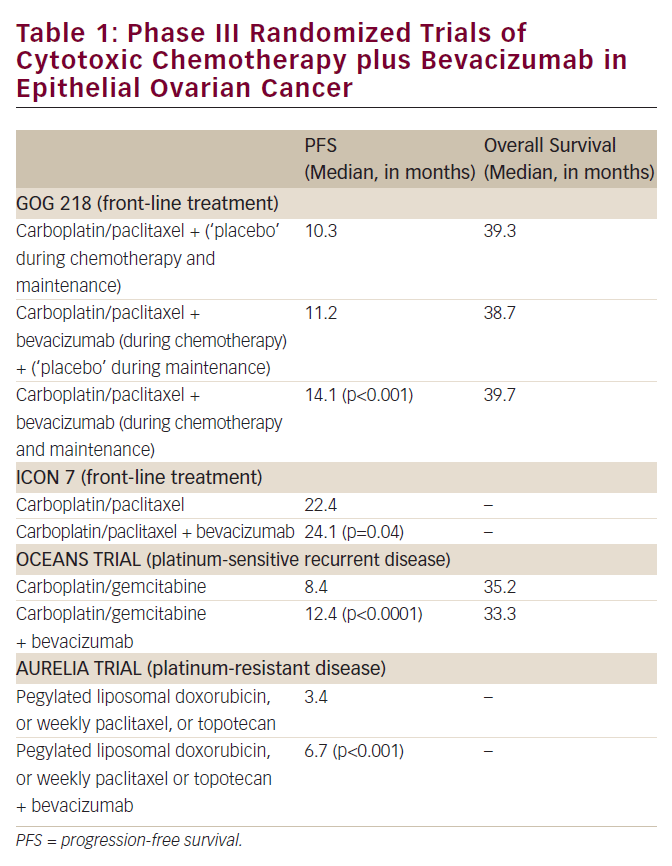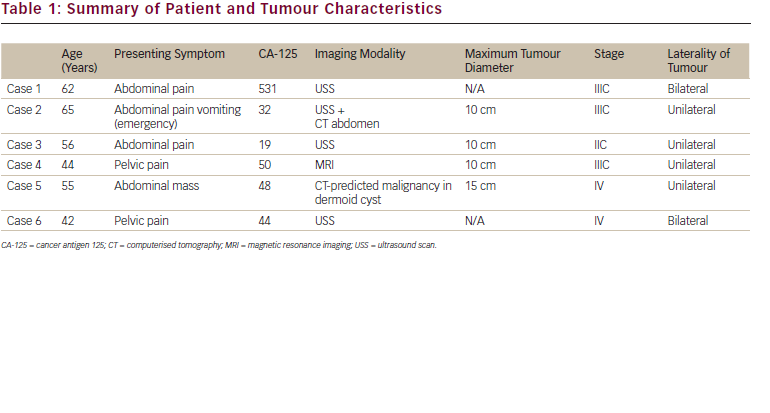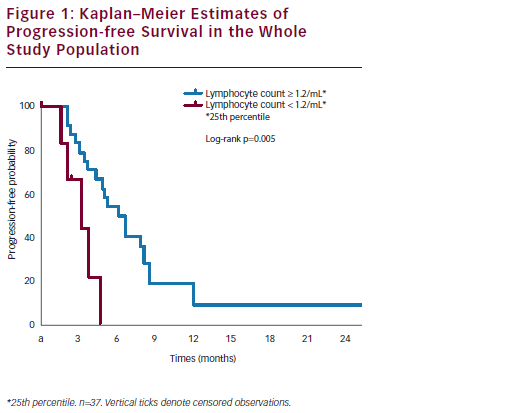Patients, families and health professionals often face difficult decisions about medical treatments and patient care. These decisions may involve moral values, religious beliefs or professional duties and guidelines. It is necessary to identify and weigh the values at stake so that individuals who are responsible for decisions can make good choices. Ethical questions and concerns arise when the right thing to do is not clear, or when disagreement exists about what is best for a patient. Anne Gallagher and Craig Gannon present a case study that illustrates this matter and discuss the four-quadrant approach, which can be used to facilitate reflection and collaborative decision-making.
Ting Bao and Michelle A Rudek summarise the existing knowledge of the pharmokinetics of anastozole, a potent non-steroidal aromatase inhibitor. It is approved by the US Food and Drug Administration (FDA) as an adjuvant hormonal therapy in early-stage breast cancer. Because most patients will need to take anastrozole for two to five years, the authors believe that it is important for physicians to understand its clinical pharmacology and its effectiveness and side effects.
The evolving role of chemotherapy and predictive markers in early-stage non-small-cell lung cancer (NSCLC) is discussed in an article written by Eric W Humke and Heather Wakelee. It summarises the trials that are prospectively evaluating the use of those biomarkers to individualise treatment of NSCLC.
Moving on to haematological conditions, Robert K Andrews et al. contribute an article describing platelets and their biological role of responding to vascular injury and to promote thrombus formation to prevent bleeding. Platelets also have additional functions in a variety of processes such as immunity, inflammation, coagulation, atherogenesis and tumour metastasis. Platelet disorders can lead to defects in haemostasis and are of particular interest in the myeloid proliferative disorder, essential thrombocythaemia (ET). After providing a general review of platelet function and activation, the authors go on to describe in more detail the dysfunction of platelets in patients with ET.
Wendy PJ den Elzen and Jacobi JN Gussekloo discuss subnormal vitamin B12 concentrations and anaemia in older persons. While pernicious anaemia is undeniably associated with vitamin B12 deficiency, evidence of a positive association between subnormal vitamin B12 concentrations and anaemia in older persons in the general population is limited and inconclusive. The authors believe well-designed intervention studies of appropriate size and duration with timely follow-up periods are needed to determine whether subnormal B12 concentrations are a risk factor for anaemia in older persons in the general population.
European Oncology & Haematology is grateful to everyone who contributed towards another excellent edition. We would like to thank the authors for their time and effort, the Editorial Board for their guidance and advice and the continuing support of the organisations and media partners who contribute to the success of each edition. We trust that you will have an enjoyable and educative read. ■







